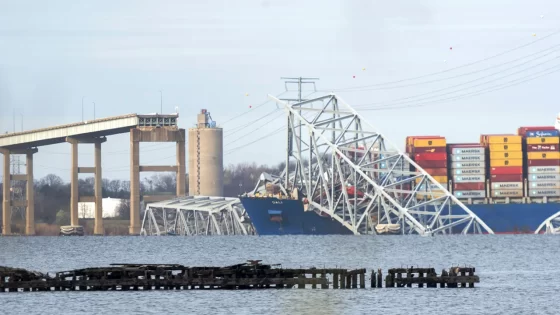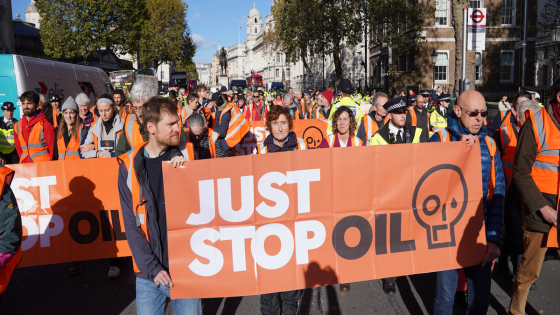As Maryland authorities deal with the aftermath of the collapse of the Francis Scott Key Bridge on the Baltimore Beltway, another state’s former governor who handled a similar tragedy spoke out to Fox News.
Former Minnesota Republican Gov. Tim Pawlenty told “Your World” Tuesday there are plenty of similarities but also some obvious differences between what happened in Maryland early Tuesday and the 2007 incident in Minneapolis when a structural flaw brought the I-35W bridge tumbling down to the Mississippi River below. Thirteen people died and 145 were injured in that collapse.
“[There are] so many similarities,” Pawlenty told “Your World. “The shock, the grief, the sadness, the expression duly of condolences to the families and the victims are all top of mind. But then, of course, simultaneously, a rush of other things.”
Pawlenty said he expects the all-hands-on-deck recovery effort lauded by Maryland Democratic Gov. Wes Moore to continue, just as his own did when he oversaw the I-35W recovery.
SHIP HITS FSK BRIDGE, CAUSING COLLAPSE
The Baltimore Beltway’s Francis Scott Key Bridge collapsed. (Jasper Colt/USA Today/IMAGN)
However, unlike in Minneapolis, where the NTSB embarked on an investigation into the structure itself, Pawlenty surmised investigators will focus moreso on purported mechanical failures on the Singapore-flagged container ship that struck the Key Bridge shortly after setting sail down the Patapsco River from the Port of Baltimore.
“[I]t looks like this is going to shift from what happened to the bridge to what happened on the ship…” Pawlenty said.
The Key Bridge, completed in 1977 and thereby completing I-695’s Beltway, was the third-busiest of the three crossings of the Patapsco, behind the I-895 Harbor Tunnel Thruway and the I-95 Baltimore Skyway’s Fort McHenry Tunnel. It was nonetheless a key feature of the Baltimore skyline and a vital link between Glen Burnie and Dundalk.
Pawlenty said that in the case of Minneapolis collapse, shoulders on alternative highways were transformed into travel lanes to alleviate backups, and that Minnesotans handled the traffic repercussions with poise.
COAST GUARD SUSPENDS SEARCH FOR SURVIVORS OF FSK BRIDGE COLLAPSE
“We were able to move people and goods and commerce through the Twin Cities, I don’t want to say without delay or interruption, but certainly with these extra lane capacities that we developed made a really big difference. And perhaps Baltimore could do something like that as well,” he said.
While the Key Bridge was relatively far-flung compared to its two companion crossings, the demise of Bethlehem Steel and its Sparrow’s Point plant on the Dundalk side has led to multiple warehousing outfits cropping up, including a sizable Amazon complex, which likely increased the bridge’s traffic count in that regard.
Pawlenty added that the rebuilding of the I-35W span was markedly quicker than is custom, telling Fox News that such a project could not have been accelerated without the help of the George W. Bush administration.
“It set a record for a major infrastructure project in the country,” he said. “[It] doesn’t need to take 10 years to get these big projects done, as we demonstrated by rebuilding that bridge in one year.
The original Key Bridge took about five years to build, and there has been precedent for accelerated reconstruction projects after tragic events. After Hurricane Ian greatly damaged the Sanibel Island Causeway Bridge in Lee County, Fla., Gov. Ron DeSantis “cut through bureaucratic red tape” in his words, to reopen that vital link ahead of schedule.
Pawlenty said that, beyond any comparisons, crisis leadership is key.
“One of the most important things, not the only thing, in crisis leadership is certainly talk[ing] care of the victims and those who are hurting as a result of this. But then, secondarily, make sure you marshal all the facts and forces you need to be a confident, forceful leader to get this crisis addressed,” he said.
Source Agencies




